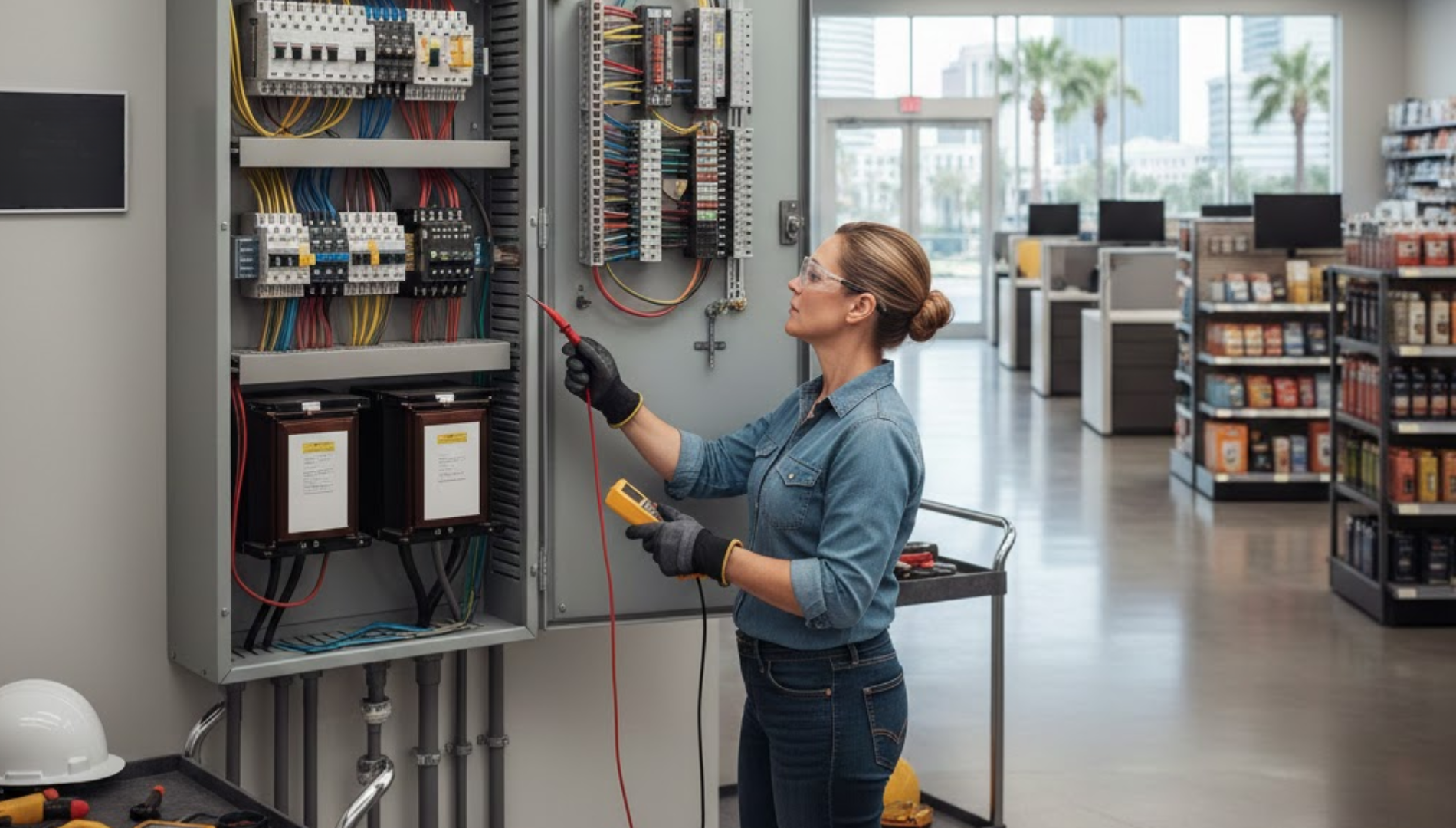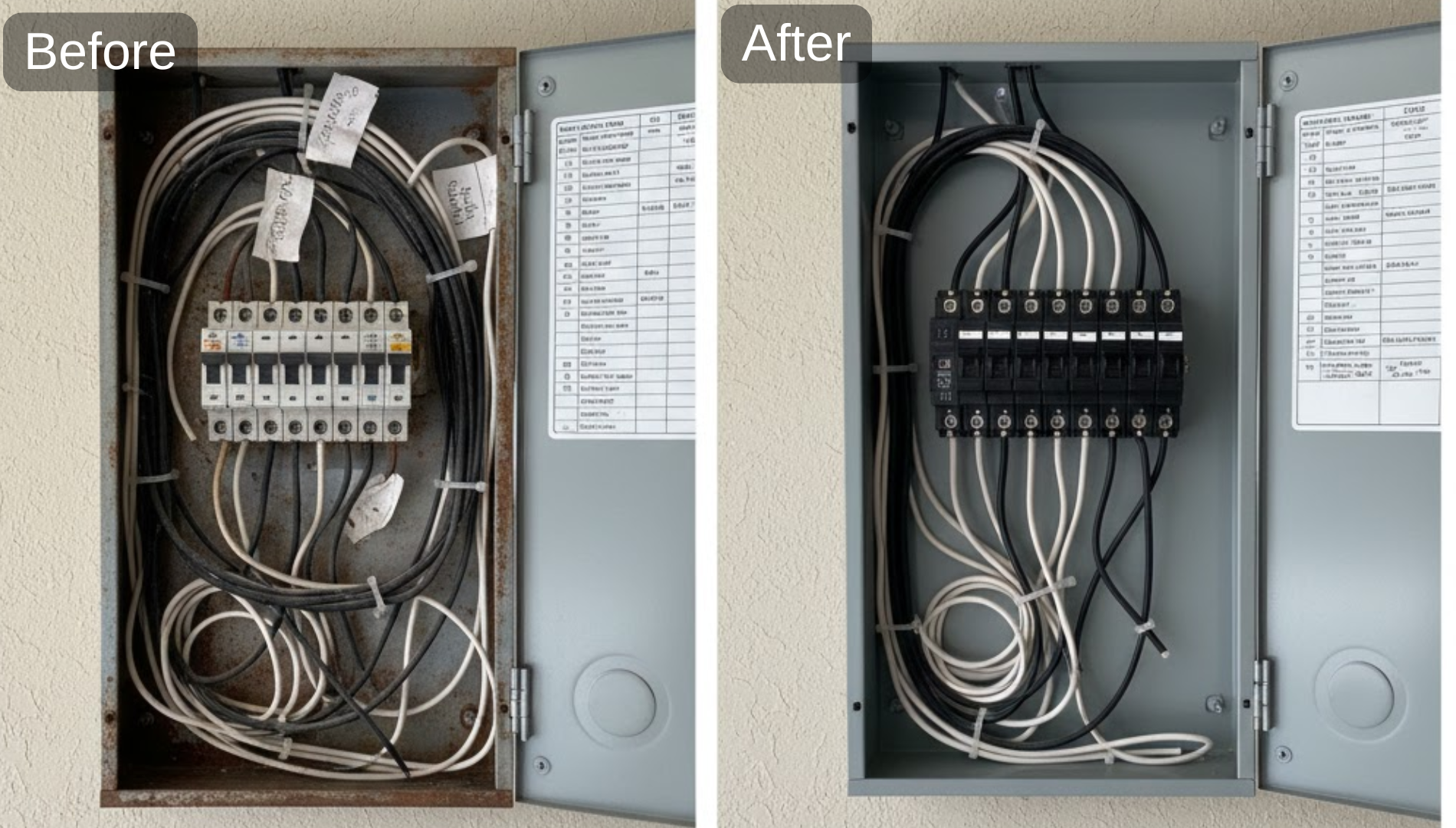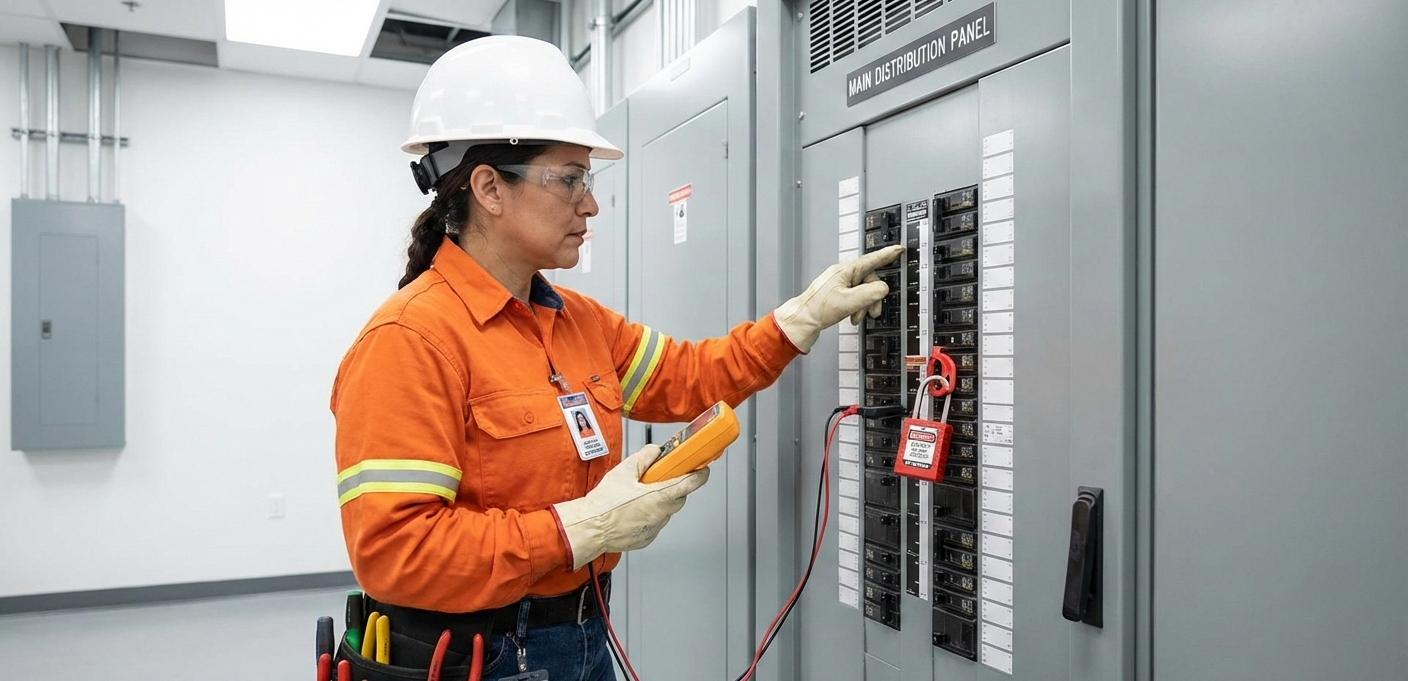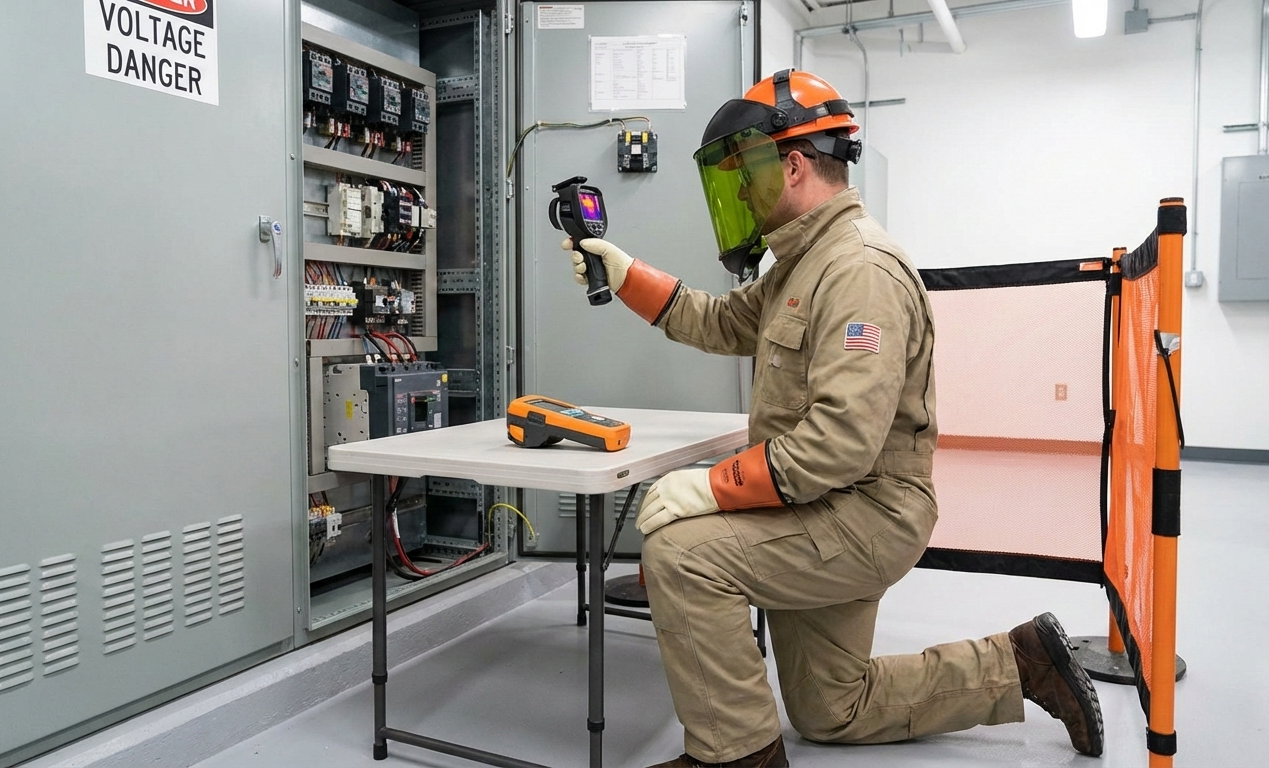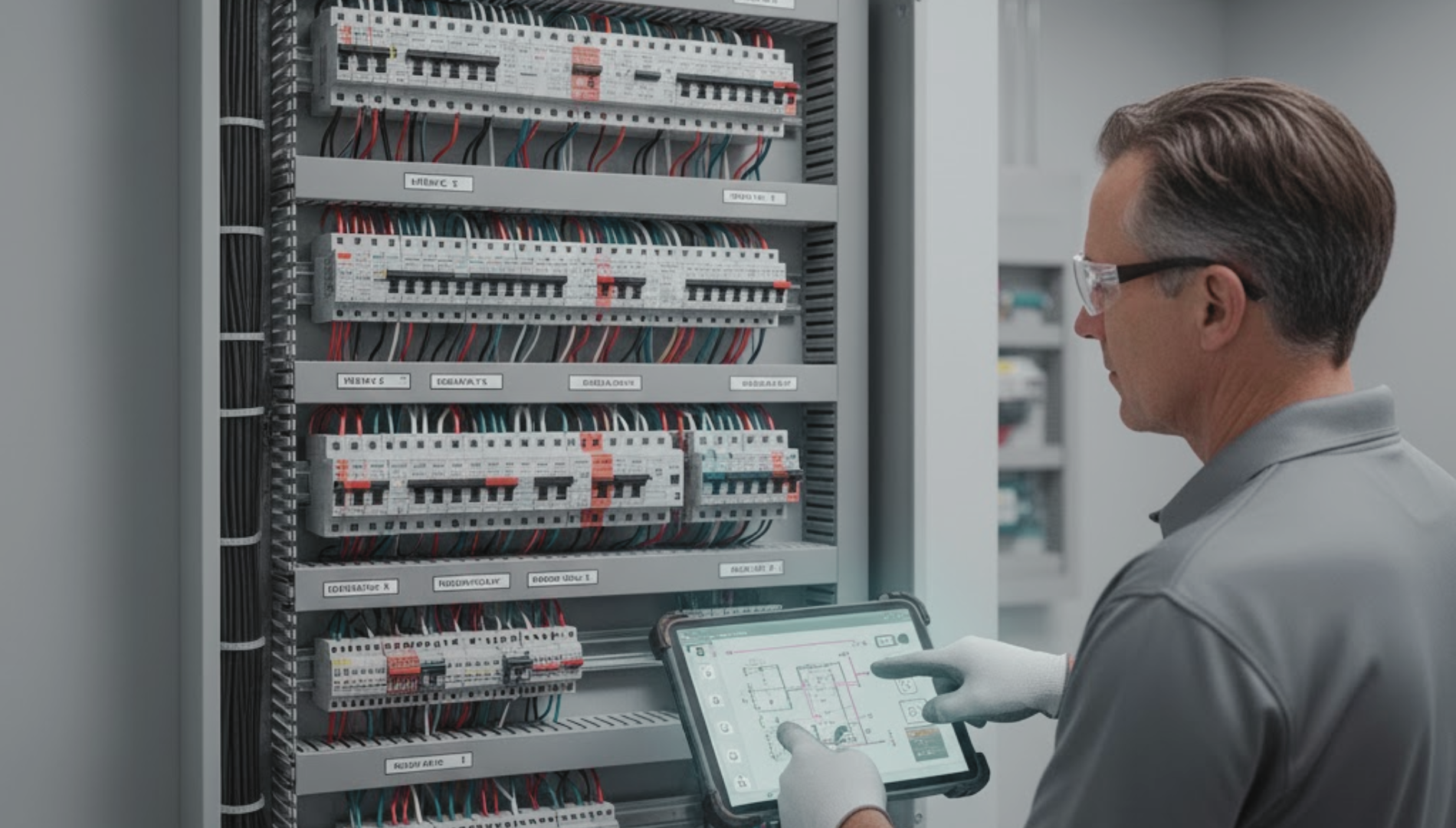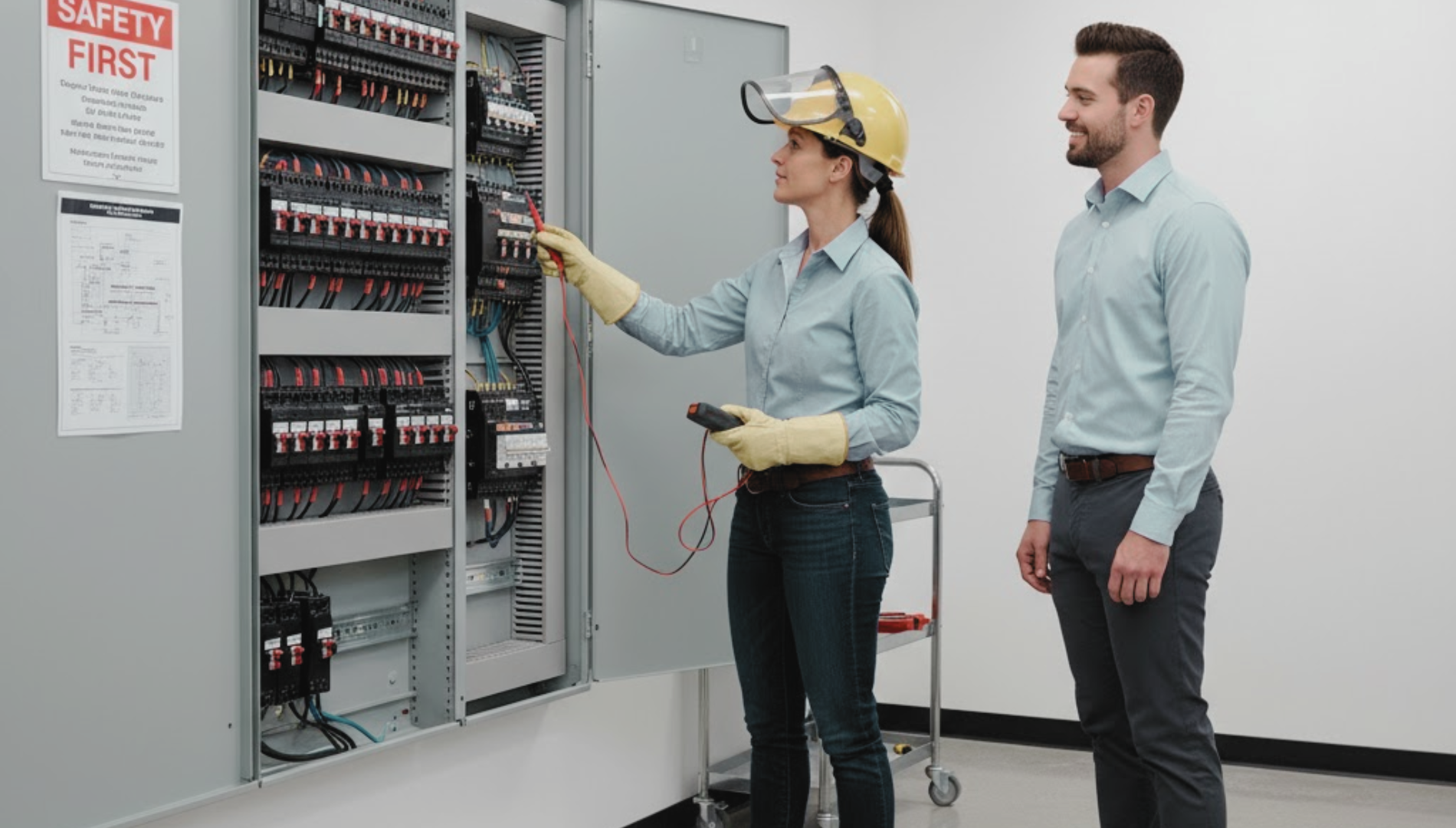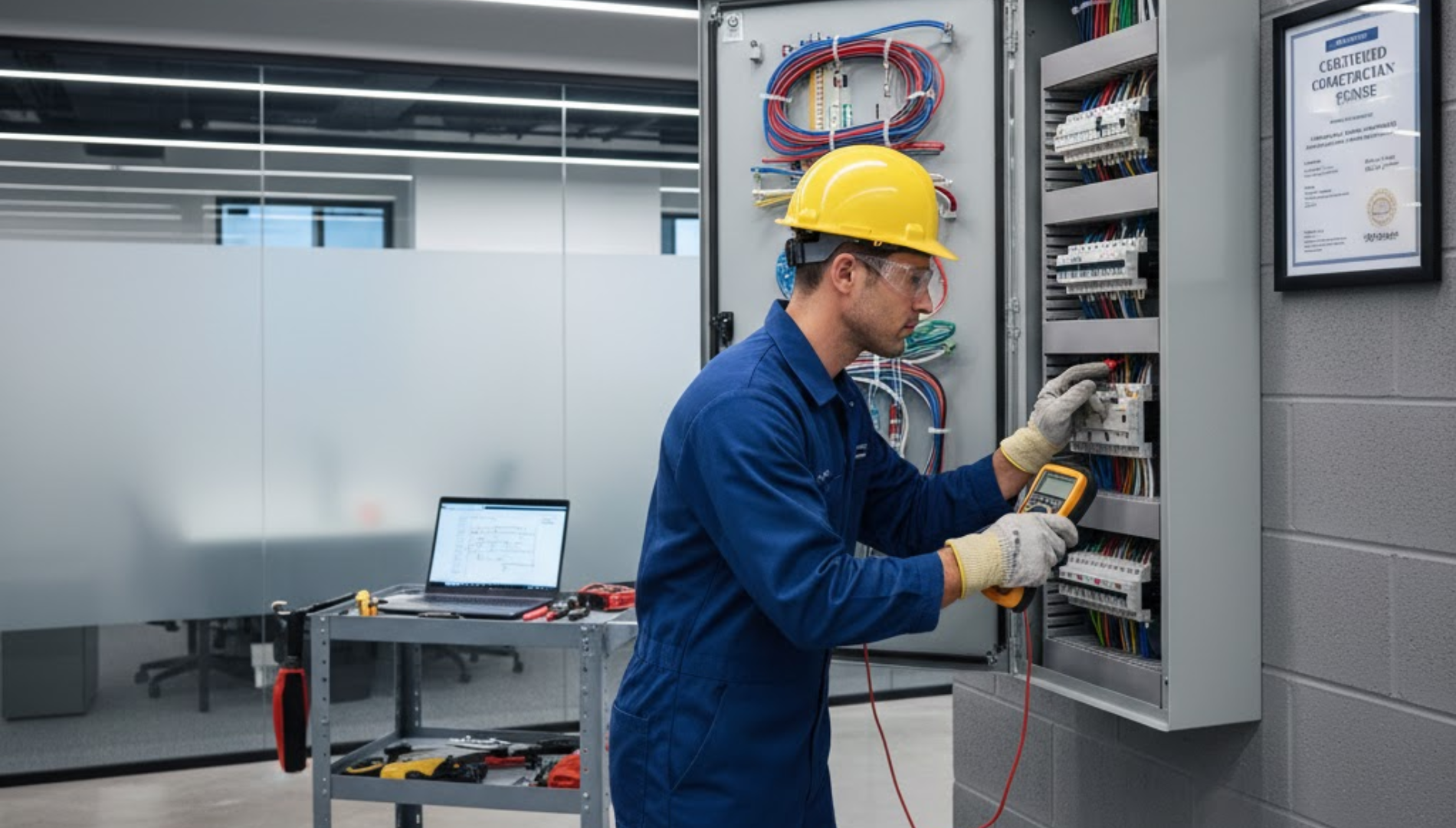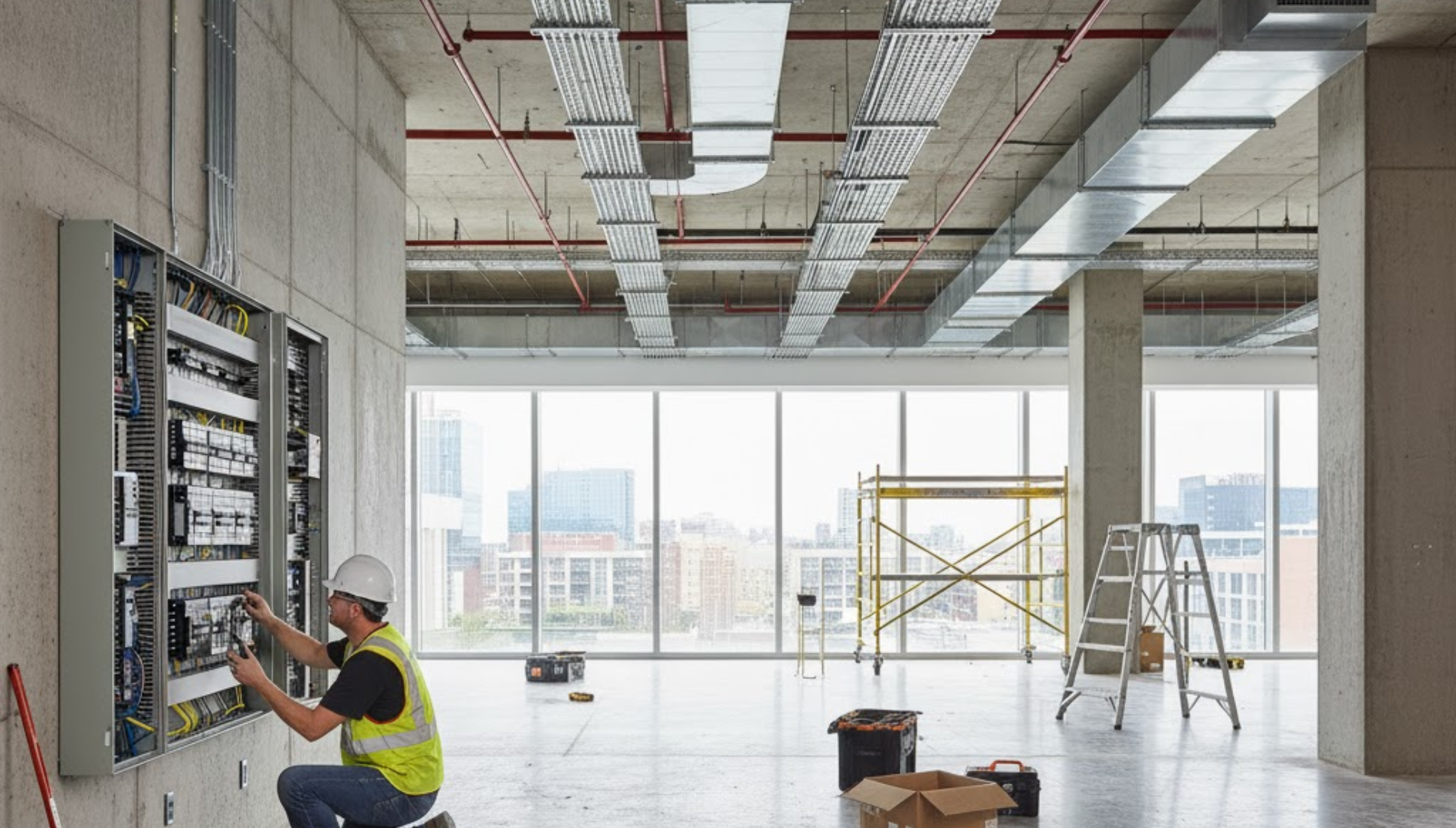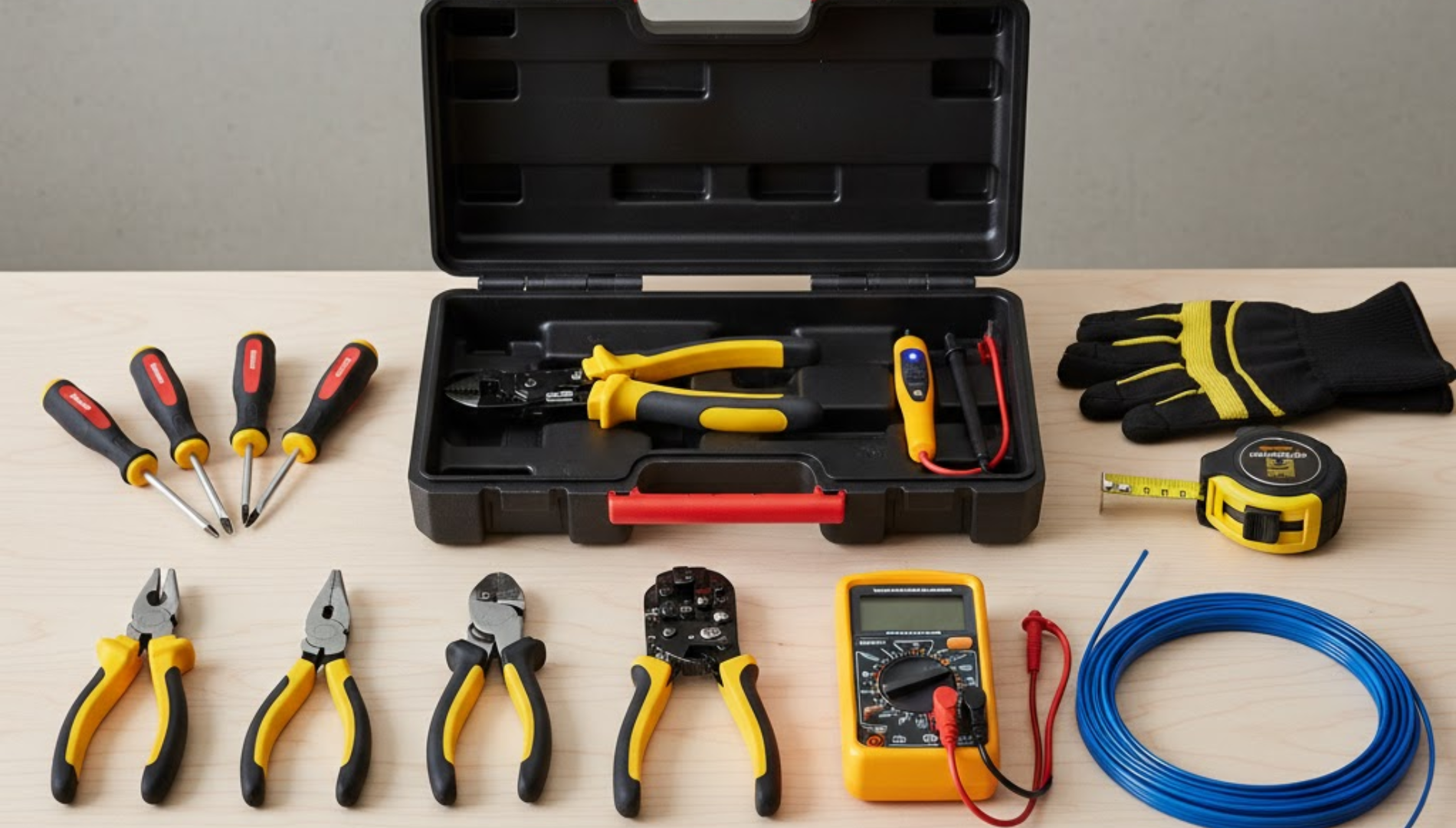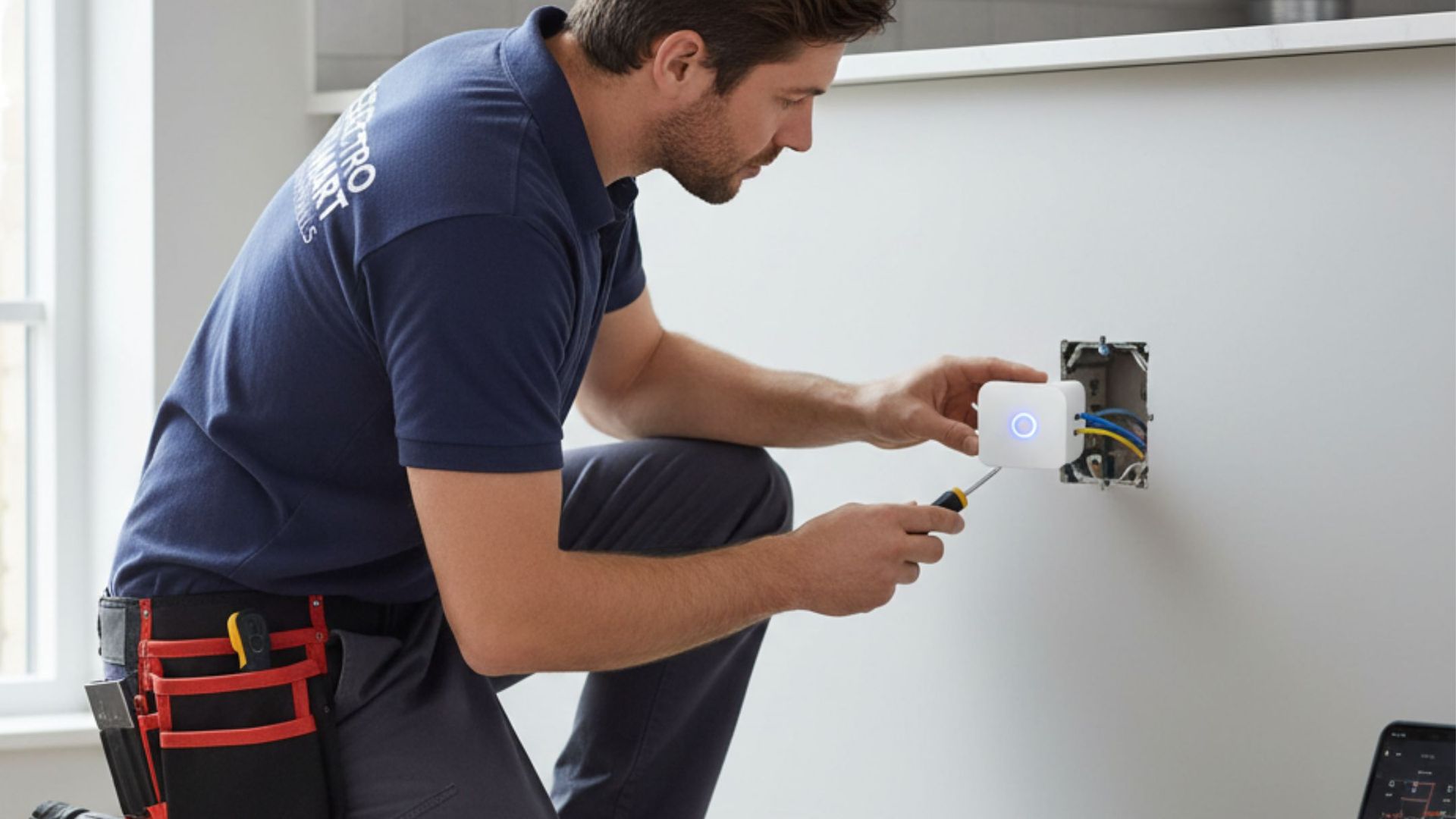Electrical System Upgrade: When and Why It’s Necessary
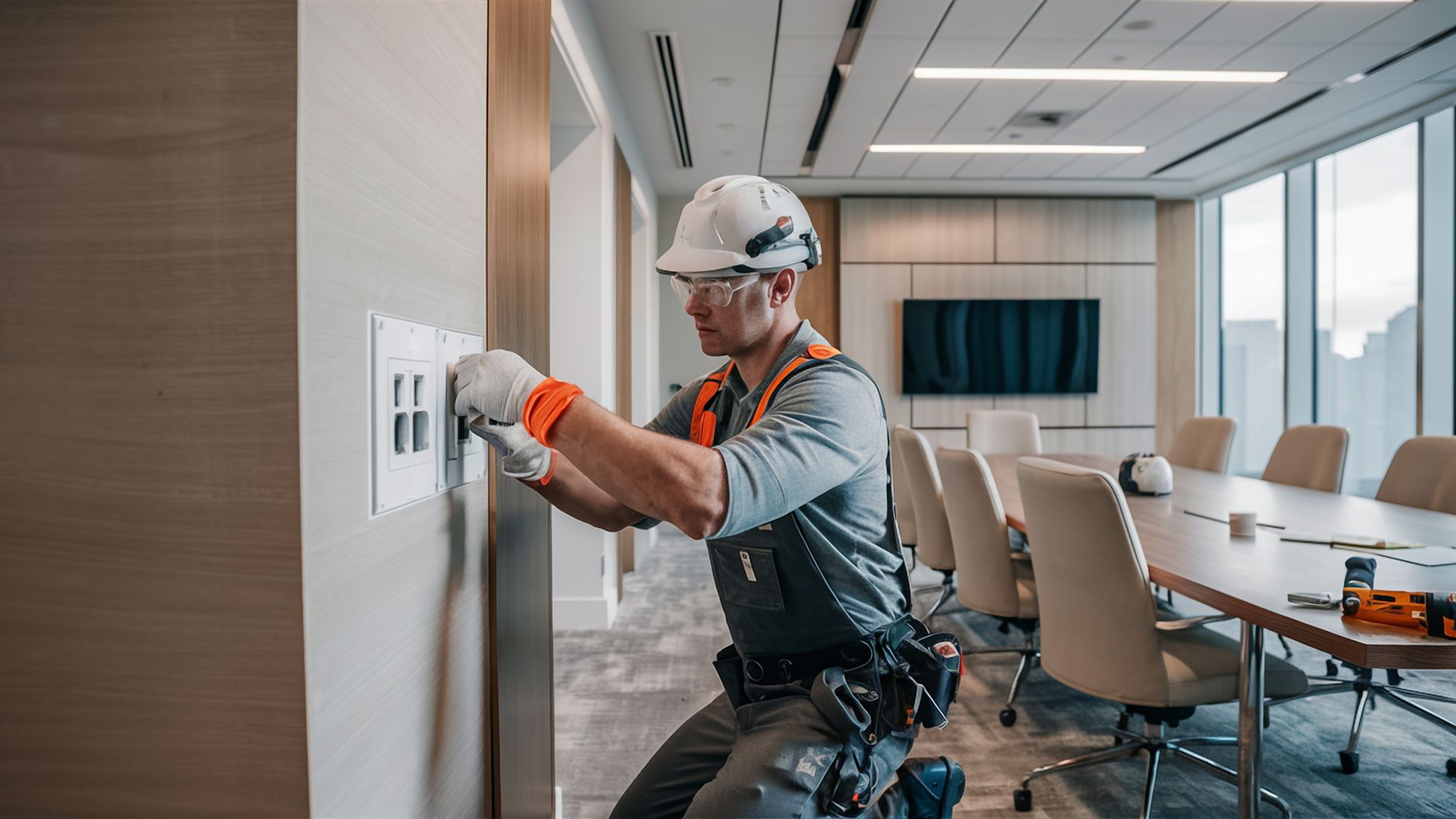
A reliable and efficient electrical system is essential for any business to operate smoothly. As businesses expand and technology advances, outdated electrical systems can become a liability. If left unaddressed, these issues can lead to increased energy costs, frequent power disruptions, and even safety hazards. Investing in a commercial electrical service upgrade not only improves efficiency but also ensures compliance with modern safety standards. Whether you’re dealing with overloaded circuits or planning for future business growth, upgrading your electrical system is a crucial step toward maintaining a safe and productive workplace.
Signs You Need an Upgrade
1. Overloaded Circuits
If your business frequently experiences tripped breakers or dimming lights when multiple appliances are in use, it may be a sign of an overloaded circuit. Older electrical systems were not designed to handle the power demands of modern businesses, and pushing them beyond their limits can lead to safety hazards. Upgrading your electrical panel and circuits can prevent overheating and reduce the risk of electrical fires.
2. Buzzing or Warm Outlets
Electrical outlets should never make noise or feel warm to the touch. Buzzing sounds or excessive heat can indicate faulty wiring or loose connections, both of which pose a significant fire risk. If you notice these warning signs, it’s essential to have a licensed electrician inspect your system and recommend an upgrade if necessary. Learn more about the importance of electrical systems to your business, read “Commercial Electrical Service: The Backbone Of Your Business.”
3. Frequent Power Outages
Experiencing frequent power outages or flickering lights can be frustrating and disruptive to business operations. These issues may be caused by outdated wiring, insufficient electrical capacity, or faulty components. An electrical upgrade can stabilize your system, ensuring consistent power flow and reducing downtime.
4. Use of Extension Cords and Power Strips
Relying on multiple extension cords and power strips to accommodate electrical devices is not a long-term solution. Overloading outlets increases the risk of overheating and electrical failures. Upgrading your electrical infrastructure with additional outlets and dedicated circuits can create a safer and more efficient workspace.
Modernizing Electrical Panels
1. Higher Capacity for Growing Businesses
As businesses expand, so do their electrical needs. Older panels may not be equipped to handle increased power demands, leading to frequent breaker trips and reduced efficiency. Upgrading to a modern panel with higher capacity ensures that your business can power new equipment and technology without interruption.
2. Improved Safety Standards
Modern electrical panels come with enhanced safety features, such as circuit breakers that quickly shut off power in case of a fault. Upgrading outdated fuse boxes or breaker panels minimizes the risk of electrical fires and ensures compliance with current safety regulations.
3. Reduced Risk of Electrical Failures
A well-functioning panel distributes power evenly, preventing overloads and reducing the likelihood of costly electrical failures. Regular inspections and upgrades can help maintain the integrity of your electrical system and avoid unexpected disruptions.
4. Compatibility with New Technologies
As businesses integrate more advanced technologies, such as automated systems and heavy machinery, electrical panels must be able to support these upgrades. A modern panel upgrade ensures seamless compatibility with new electrical demands.
Energy-Efficient Wiring and Fixtures
1. Lower Utility Bills
Upgrading to energy-efficient wiring and fixtures can significantly reduce your business’s energy consumption. Older wiring systems may waste electricity due to resistance and poor conductivity, leading to higher utility bills. Replacing outdated wiring with energy-efficient alternatives ensures that electricity is used more effectively.
2. Sustainable Business Practices
Energy-efficient lighting, such as LED fixtures, consumes less power while providing better illumination. Businesses that prioritize sustainability benefit from lower energy costs and a reduced carbon footprint. Many companies also gain tax incentives for making energy-efficient upgrades.
3. Improved Workplace Comfort
Modern wiring and fixtures allow for better control over lighting and energy distribution. Employees benefit from well-lit workspaces with minimal power fluctuations, enhancing productivity and overall workplace comfort.
4. Long-Term Cost Savings
Investing in energy-efficient solutions reduces maintenance costs over time. LED fixtures and updated wiring have longer lifespans than traditional lighting and electrical components, lowering the frequency of replacements and repairs.
Integrating Smart Technology
1. Smart Lighting Systems
Automated lighting systems adjust brightness based on occupancy or time of day, reducing energy waste and improving efficiency. Businesses can program lighting schedules to optimize usage, resulting in substantial cost savings.
2. Automated Electrical Controls
Smart technology allows businesses to monitor and control electrical usage remotely. With smart panels and energy management systems, business owners can track power consumption, receive alerts about issues, and make adjustments from a smartphone or computer.
3. Enhanced Security Features
Smart electrical systems can integrate with security lighting, surveillance cameras, and alarm systems. Automated security lighting can deter intruders, while motion sensors ensure energy efficiency when areas are unoccupied.
4. Remote Monitoring and Maintenance
Many modern electrical systems allow for remote monitoring, making it easier to identify problems before they become major issues. Businesses can receive real-time alerts about electrical faults and schedule maintenance proactively.
Planning for Future Expansion
1. Assessing Current and Future Needs
Before upgrading your electrical system, it’s crucial to assess current energy consumption and anticipate future growth. A professional electrician can evaluate your business’s power needs and recommend an upgrade that accommodates future expansion.
2. Scalability and Flexibility
A well-designed electrical system should be scalable to support business growth. Installing additional circuits, wiring infrastructure, and higher-capacity panels ensures that future equipment and technology upgrades can be integrated seamlessly.
3. Preventing Costly Retrofits
Planning ahead for future electrical needs can prevent costly retrofits down the line. Investing in an upgraded system now ensures that your business avoids expensive modifications and downtime in the future.
4. Meeting Compliance and Code Requirements
As building codes and electrical regulations evolve, businesses must ensure compliance with updated standards. A proactive electrical upgrade helps avoid penalties and ensures that your system meets all safety requirements.
Conclusion
Upgrading your commercial electrical service is an essential investment in your business’s safety, efficiency, and long-term success. Recognizing the signs of an outdated system, modernizing panels, improving energy efficiency, integrating smart technology, and planning for future expansion are key steps in maintaining a reliable electrical infrastructure. A professional electrician can assess your current system and recommend the best upgrades for your specific needs. With a properly upgraded electrical system, businesses can operate more efficiently, reduce costs, and improve overall workplace safety.
A modern electrical system is crucial for a safe and efficient business.
Nash Electric LLC specializes in commercial electrical service upgrades, ensuring your business meets modern power demands. Whether you need a panel upgrade, energy-efficient wiring, or smart electrical solutions, our team delivers top-quality service. Don’t wait until electrical issues disrupt your operations—contact us today for a consultation and keep your business powered for success.

